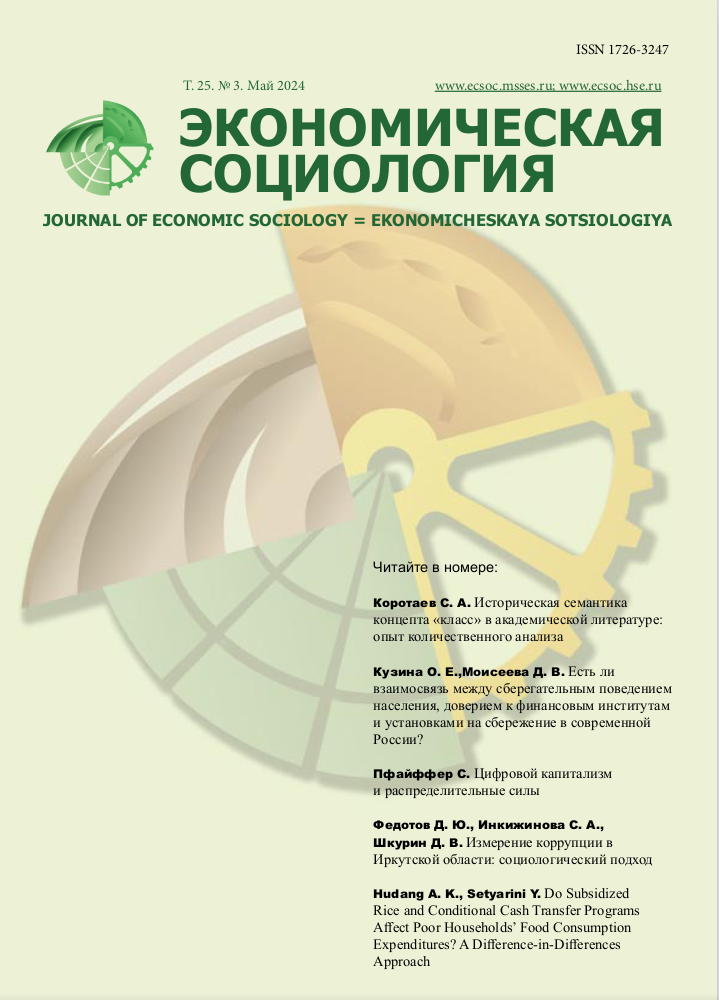Цифровой капитализм и распределительные силы
Аннотация
В книге «Цифровой капитализм и распределительные силы» профессор социологии С. Пфайффер подвергает сомнению идею, что цифровизация — это технология, которая заменяет человеческий труд. Анализируя новшества, вызванные цифровизацией и цифровым капитализмом, автор вводит понятие «распределительная сила» по аналогии с концепцией производительной силы К. Маркса. Пфайффер показывает, что цифровой капитализм направлен не столько на эффективное производство ценности, сколько на её быструю, безрисковую и постоянно гарантированную реализацию на рынках. Изучение этой динамики и её последствий также приводит к вопросу о том, насколько разрушительными могут быть распределительные силы цифрового капитализма. Журнал «Экономическая социология» публикует «Введение», где Пфайффер формулирует основное предположение, которое далее развивает в книге на теоретическом и эмпирическом уровнях. Гипотеза связана с проблемой современного капитализма, где экономическая ценность обеспечивается лишь успешными продажами. Также Пфайффер рассуждает о том, в чем состоит новизна цифрового капитализма и какие диагнозы для него характерны. И наконец, автор подробно описывает структуру книги и её основные идеи.
Источник: Пфайффер С. (готовится к изданию). Цифровой капитализм и распределительные силы. М.: Издательство Института Гайдара. Перев. с англ.: Pfeiffer S. 2022. Digital Capitalism and Distributive Forces. Bielefeld: transcript Verlag. Публикуется с разрешения Издательства Института Гайдара.













